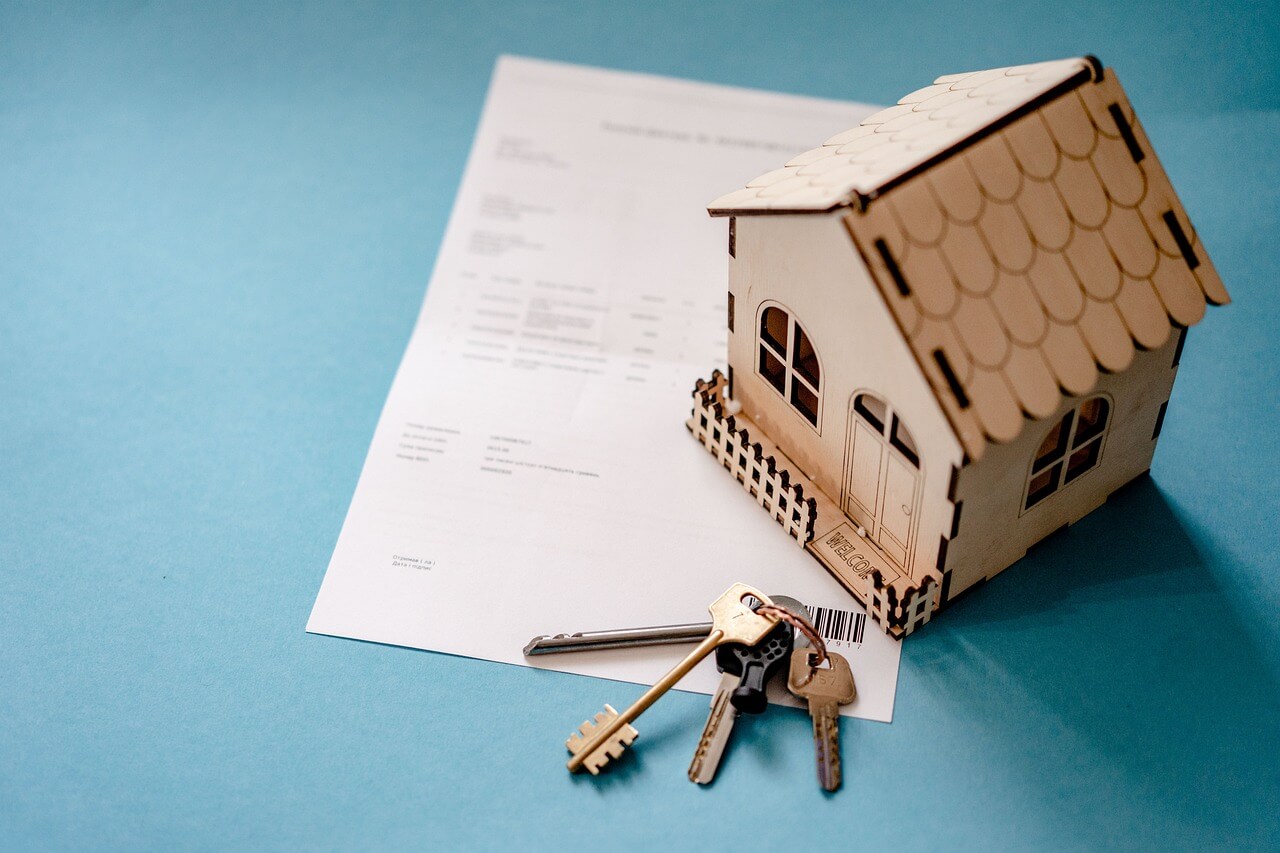Avoiding common mistakes when applying for a home loan

Purchasing a home is a significant milestone for many Australians, and for most, it requires obtaining a home loan. Applying for a home loan can be a complex and overwhelming process, especially for first-time homebuyers. However, by understanding and avoiding common mistakes when applying for a home loan you can increase your chances of securing a favourable loan and make your homeownership dreams a reality. In this article, we will explore the key missteps to avoid when applying for a home loan in Australia.
- Failing to review your credit history: Your credit history plays a crucial role in the home loan application process. Lenders use it to assess your creditworthiness and determine the interest rate and loan amount you qualify for. Before applying for a home loan, obtain a copy of your credit report and review it for any errors or negative entries. If you find any inaccuracies, take the necessary steps to rectify them before submitting your application.
- Not comparing lenders and loan products: One of the most common mistakes borrowers make is not shopping around for the best loan terms and interest rates. Different lenders offer varying rates, fees, and loan features. Failing to compare different lenders can result in paying more in interest or missing out on favourable loan terms. Take the time to research and compare the offerings of multiple lenders, including major banks, credit unions, and non-bank lenders, to find the most suitable home loan for your needs.
- Overextending your borrowing capacity: It can be tempting to borrow the maximum amount offered by lenders, especially if you're eyeing a dream property. However, overextending your borrowing capacity can lead to financial strain in the long run. Consider your income, expenses, and future financial goals when determining the loan amount you can comfortably repay. Use online calculators and consult with a mortgage broker to determine an appropriate borrowing capacity that aligns with your financial circumstances.
- Neglecting to save for a deposit: Having a sizable deposit demonstrates financial responsibility and reduces the amount you need to borrow. Lenders generally require a deposit of at least 20% of the property's value to avoid paying lenders mortgage insurance (LMI). Saving for a deposit can also improve your chances of loan approval. Start saving early and consider setting up a separate account specifically for your home deposit. Cutting back on unnecessary expenses and seeking professional financial advice can assist you in reaching your savings goal faster.
- Not providing accurate and complete documentation: When applying for a home loan, lenders require various documents to verify your financial situation, such as payslips, tax returns, bank statements, and proof of identification. Failing to provide accurate and complete documentation can delay the loan approval process or result in rejection. Before submitting your application, ensure all the required documents are organized, up to date, and easily accessible.
_________________________
Read more:
Can you shorten your home loan term?
Consequences of Late Home Loan Repayments
How does rising inflation affect your borrowing power?
_________________________
- Ignoring the impact of ongoing costs: Many homebuyers focus solely on mortgage repayments without considering the ongoing costs of homeownership. Property-related expenses, such as council rates, homeowners' insurance, maintenance, and utilities, should be factored into your budget. Ignoring these costs can lead to financial strain and affect your ability to meet your loan repayments. Create a comprehensive budget that includes both mortgage repayments and ongoing expenses to ensure you can comfortably afford your new home.
- Making large purchases or changing jobs during the application process: Avoid making significant financial changes during the home loan application process. Large purchases, such as a new car, can increase your debt-to-income ratio and raise concerns for lenders. Changing jobs can also affect your loan approval, as lenders prefer stable employment history. If possible, postpone any major purchases or job changes until after your loan has been approved and settled.
Speak to a mortgage broker today to help with avoiding common mistakes when applying for a home loan.




